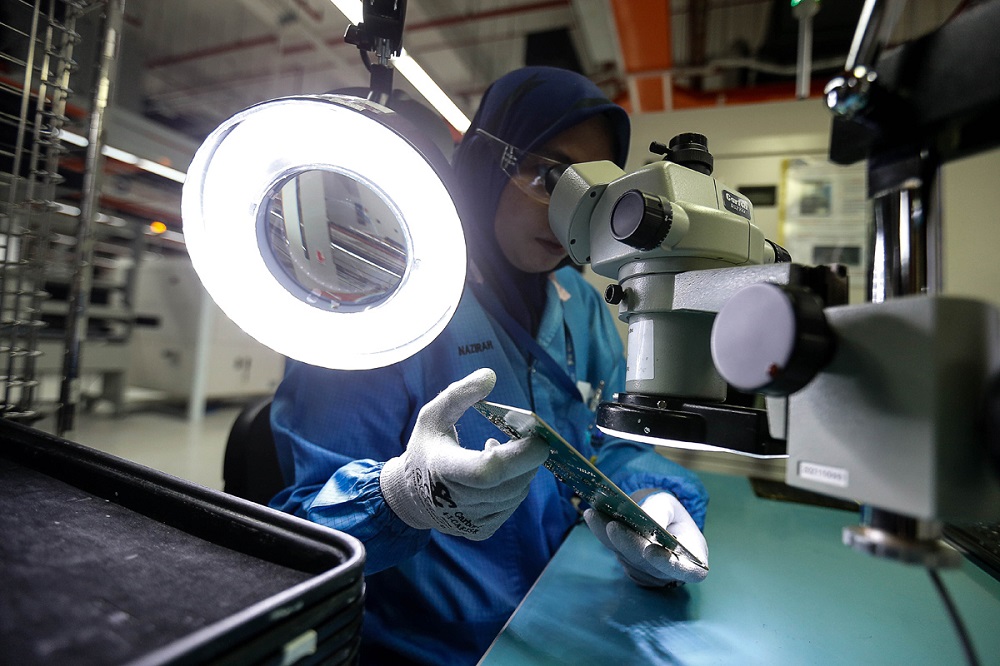KUALA LUMPUR, Feb 1 — The headline IHS Markit Malaysia Manufacturing Purchasing Managers’ Index (PMI) – a composite single-figure indicator of manufacturing performance, slipped to 48.9 in January 2021 from 49.1 in December 2020.
IHS Markit said businesses signalled that the recovery in the Malaysian manufacturing sector was hindered at the start of 2021 by rising Covid-19 case numbers and stricter restrictions to try and curb the further spread of the virus.
“Both output and new orders were scaled back in January as the pandemic undermined demand, while export sales also lost further momentum as some external markets also battled a resurgence in infections.
“International restrictions introduced to slow the spread of Covid-19 presented significant disruptions to supply chains, as manufacturers reported difficulties sourcing and receiving inputs,” it said in a statement today.
The research firm said both production levels and new orders were scaled back in January, although to lesser extents than seen in December.
It noted, Malaysian manufacturers recorded a stabilisation in work backlogs in the latest survey period following 28 months of depletion, indicating that pressure was building on existing capacity.
“However, anecdotal evidence suggested additional pressure was due to a lack of manpower to fulfil orders due to the pandemic. In fact, firms signalled that employment levels dipped slightly in January, following a near-stabilisation in December.
“Despite new lockdowns around the world and supply delays, manufacturers remained confident that output will increase over the coming 12 months, citing hopes that the end of the pandemic would induce a recovery in domestic and external markets,” it said.
Meanwhile, IHS Markit shared the headline PMI for ASEAN registered 51.4 in January, rising from 50.8 in December, signalling the quickest improvement in the health of the regional manufacturing sector since May 2018.
“Central to the stronger recovery were quicker expansions in both factory production and new orders.
“Output increased at the quickest rate for over two-and-a-half years, while the upturn in new work was the fastest since July 2014,” it added. — Bernama






















